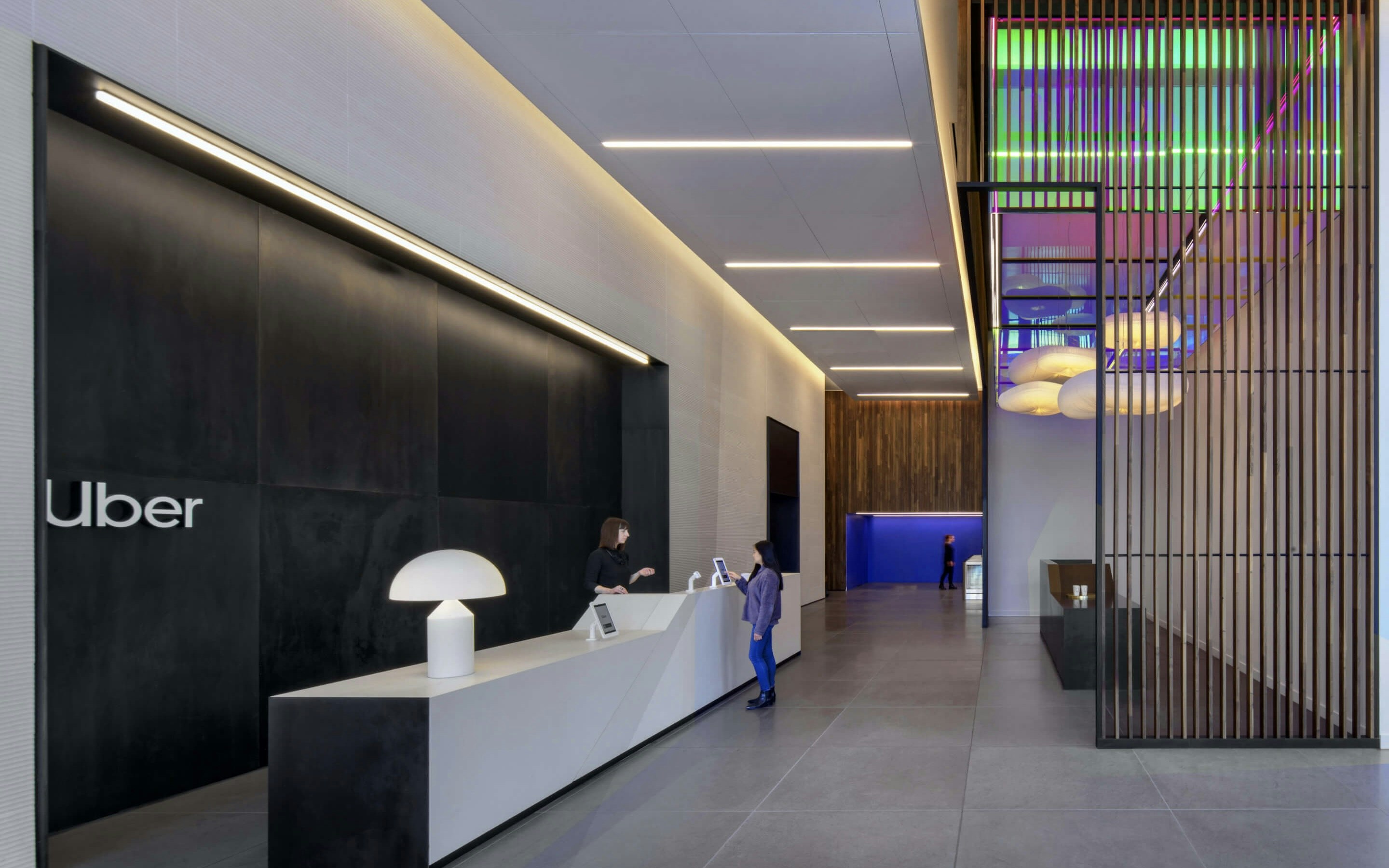Business
California Supreme Court Confirms Treatment of Gig Economy Workers as Contractors
Supreme Court of the State: Ride services may treat workers as contractors rather than employees.

California Supreme Court Upholds Landmark Decision Allowing Gig Economy Companies to Classify Workers as Independent Contractors, Not Employees. This Long-Awaited Ruling Is a Major Victory for Companies Like Uber.
The decision of the state's highest court is a significant setback for labor rights groups that have been trying for years to overturn a controversial law called Proposition 22. This law allows gig economy companies to treat their workers as independent contractors, which the citizens of California overwhelmingly supported in 2020.
Proposition 22 exempted companies from complying with a new state law that would have classified their workers as employees and instead gave workers the right to limited health benefits and a minimum earnings guarantee.
Uber stated that the decision on Thursday confirms 'the will of the nearly 10 million Californians who voted to provide drivers with historic benefits and protections, while preserving their independence.'
Here's the translation of the heading to English:
"Companies like Uber and Lyft campaigned aggressively for the proposal before the 2020 vote, arguing that any requirement to treat workers as employees would pose an existential threat to their businesses. They funded a large part of a $200 million campaign to support the measure, which stood in contrast to the labor groups that strongly opposed Proposition 22.
Companies like Uber and the food delivery service DoorDash had warned that any requirement to reclassify drivers as employees would necessitate a fundamental change to their business models. Such a change would incur "significant additional expenses" and likely result in "substantial price increases for passengers," Uber said in May.
Gig economy companies also argued that such a change could lead to drivers and couriers leaving the platforms, as they would be bound by strict employment contracts and no longer have the flexibility to work whenever they wanted.
Drivers' freedom to 'work when and how they want' is now firmly etched into California law, ending misguided attempts to force them into an employment model they overwhelmingly do not want," Uber said on Thursday.
Before the verdict, analysts at Jefferies estimated that the repeal of Proposition 22 would have caused additional costs for Lyft, DoorDash, and Uber of approximately 300 million, 1 billion, and 1.1 billion dollars in 2025. The companies could have offset about 85 percent of these additional costs partially through higher fees, but this would have reduced demand.
The decision by the Supreme Court marks the final phase of a years-long challenge in California courts by individual drivers and the Service Employees International Union, who sought to overturn Proposition 22.
Uber and Lyft Agreed in June to Pay $175 Million to Settle a Long-Standing Legal Dispute in Massachusetts Over Whether Drivers Should Be Classified as Employees or Independent Contractors. Although the Drivers Remain Independent Contractors, the Companies Agreed to Provide Them with a Range of Benefits, Including Limited Health Benefits and a Minimum Earnings Guarantee.




